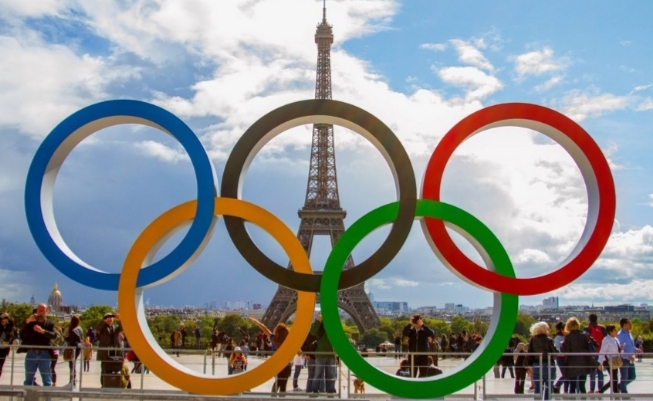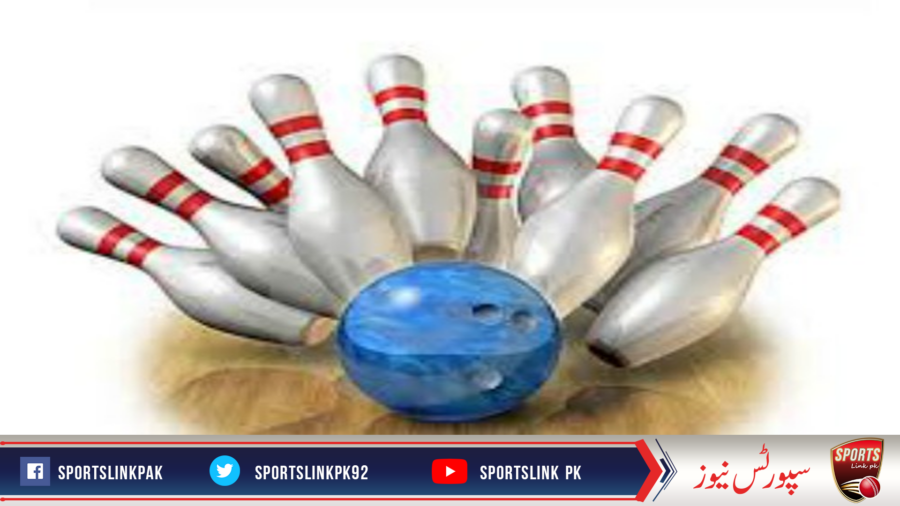History of free condoms at the Olympics


Organizers of Paris 2024 Olympics announce initiatives to offer athletes free condoms and mental health resources
The Paris 2024 logo is displayed on the façade of the Paris town hall. Organizers of the Olympic Games will offer free condoms, mental health resources and cyberbullying support to athletes. (Pascal Le Segretain / Getty Images via CNN Newsource)The Paris 2024 logo is displayed on the façade of the Paris town hall.
Organizers of the Olympic Games will offer free condoms, mental health resources and cyberbullying support to athletes. (Pascal Le Segretain / Getty Images via CNN Newsource)
Organizers of the Paris 2024 Olympic Games have announced initiatives to offer free condoms, mental health resources and cyberbullying support to athletes in the Olympic Village.
Organizers in charge of first aid said that 200,000 male condoms, 20,000 female condoms and 10,000 oral dams will be available in the Olympic Village, where 14,500 athletes and staff are expected to stay in July and August.
Top sports headlines, all in one place
“There is a desire to be very inclusive, we have awareness messages which revolve around the issue of consent and pleasure versus performance,” the First Aid Coordinator Laurent Dalard said in a press conference on Tuesday.
Stricter drug testing before Paris Olympics ordered for track and field athletes from 4 countries
Paris 2024 Olympics unveils surrealistic official posters
Could Russia’s Friendship Games rival the Olympics? IOC tells countries not to take part
Both the physical and mental wellbeing of the athletes will be addressed by the organizers of the Paris 2024 Games. A clinic able to treat 600 to 700 patients per day will be available in the Olympic Village, complete with specialists for most ailments, two MRI machines and a fully stocked pharmacy.
For the first time during an Olympic Games, organizers said there will be a space dedicated to mental health.
“We have a population that is sometimes very young, who was born with social networks, with screens,
and who do not necessarily always have the right practices […] not all athletes are necessarily lucky enough to have community managers,” Dalard said.
Dalard added that an awareness campaign about cyberbullying will be targeting athletes as social media can be a source of encouragement for competitors after victories, but it can also be brutal in other instances, “with sexist, racist comments, related to their size, weight, etc.,” especially after a competitive loss.




